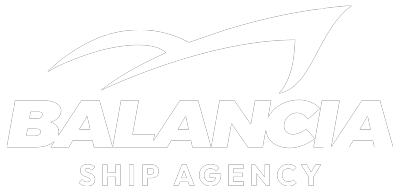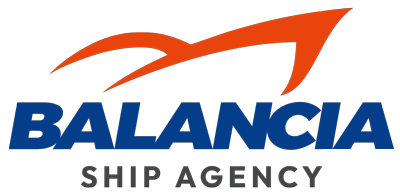Understanding The Crew Off-Signing Process in Maritime Operations
The crew off-signing process, also known as crew change, is a crucial procedure in the maritime industry that involves the replacement of crew members on a ship at the end of their contract or assignment. This process ensures that vessels maintain operational efficiency and compliance with international maritime regulations. Importance of Crew Off-Signing Crew off-signing…












